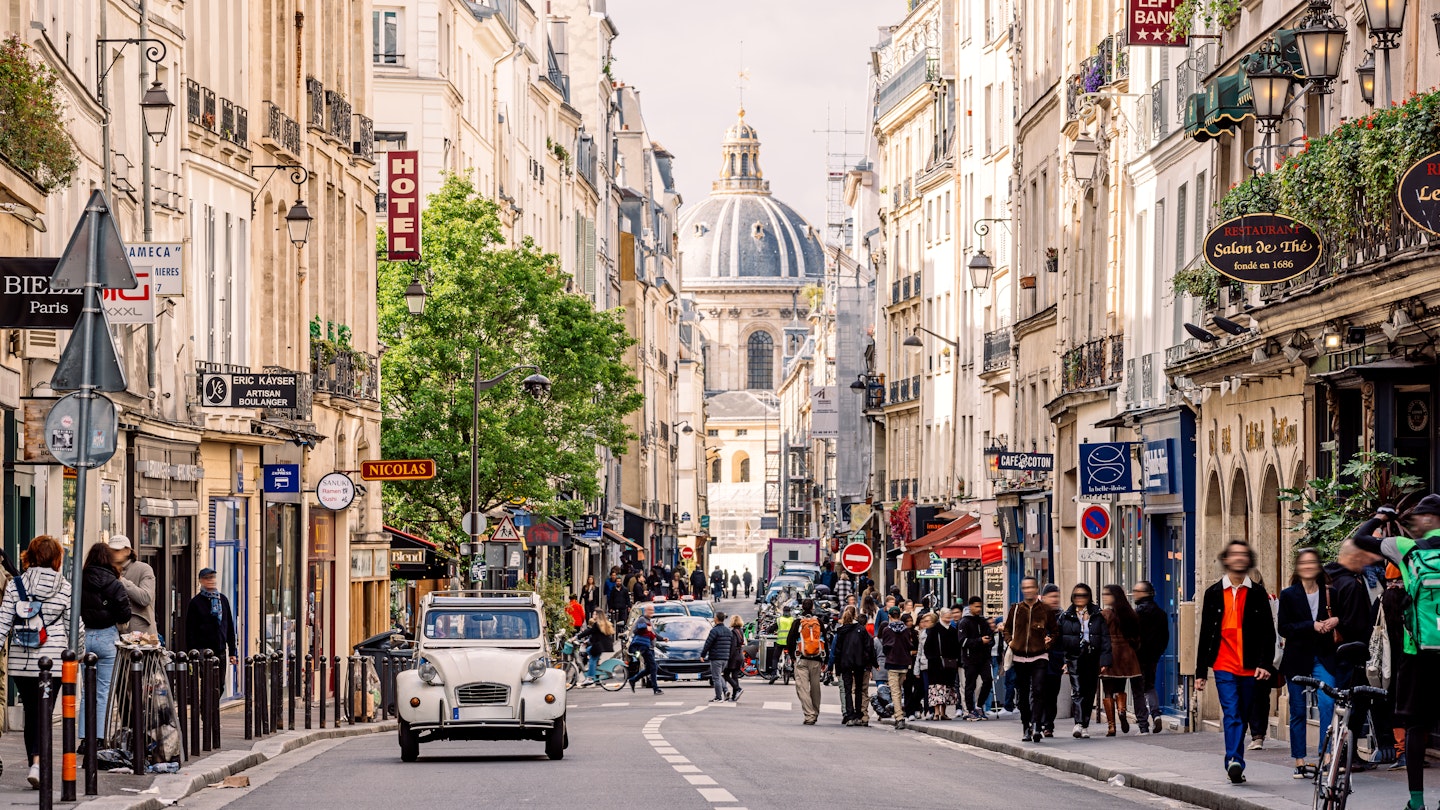Essential Tips for Visiting France
Even if you’ve never set foot in France before, it’s easy to think you understand it—thanks in part to countless Parisian rom-coms. However, the reality of the country may surprise you. There’s a misconception that the French can be unfriendly, but often, it’s merely the result of a cultural misunderstanding. Having lived in France for three years, I’ve gathered essential advice on how to enjoy your visit without encountering unnecessary faux pas, especially on the Metro.
1. Understand Tourist Laws
For EU residents, entry to France is straightforward. However, non-EU nationals, such as American and British passport holders, may stay for up to 90 days within a 180-day period without a visa. Ensure your passport has at least three months of validity remaining from your intended departure date. Be mindful of specific visa requirements based on your country.
Additionally, familiarize yourself with import and export regulations. For instance, certain products such as unpasteurized cheese are restricted when leaving the EU.
2. Keep Your ID Handy
While it’s not mandatory to carry your passport at all times, having photo ID is advisable, as authorities can request it. You will need your passport for international arrivals, and accommodations often require it upon check-in. Keeping a digital copy of your passport on your phone can also be useful.
3. Cash Still Matters
France has not fully embraced contactless payments. It’s essential to carry cash, especially in rural areas where contactless options may not be available. Although some cities, like Lyon, accept contactless payments, places like the Paris Metro still rely on traditional paper tickets. Minimum spending limits can apply for card payments, so cash can be a lifesaver.

4. Be Prepared for High Driving Costs
Driving in France, especially on motorways, can be expensive due to toll fees. These can often rival the cost of fuel itself. Before your journey, calculate potential costs using resources like ViaMichelin, and consider options like carpooling to lessen expenses.
5. Know the Operating Hours
It’s crucial to understand local business hours, particularly in rural areas. Many shops and restaurants may be closed from Sunday to Tuesday. Additionally, smaller establishments often close for lunch. During peak holiday seasons, be prepared for crowded roads and limited services.

6. Greetings Matter
The custom of la bise (giving kisses) has returned post-Covid-19. The number of kisses can vary by region—most areas practice two, while some southern regions may incorporate three or even four. Remember to greet with bonjour or bonsoir upon arrival and bid farewell with bonne journée or bonne soirée.
7. Dress to Impress
Abandon the idea of wearing athleisure in public; the French typically opt for stylish attire. Casual sportswear is generally frowned upon, even for commuting on bicycles.

8. Master French Table Etiquette
Traditionally, breakfasts in France don’t include plates, as people often eat viennoiseries (pastries) directly over the table. Table manners are significant; dining is often a leisurely affair. Remember that workplace lunches must be taken away from desks, as stipulated by French labor laws.
9. Learn Basic French Phrases
Understanding and using a few French phrases can go a long way in making a positive impression.
10. Use the Right Pronouns
Be attentive to the differences between tu (informal) and vous (formal) when addressing others. Using vous in professional and unfamiliar situations shows respect.
11. Stay Calm and Collected
Keeping your voice at a moderate level can help you blend in, particularly in dining establishments. Many visitors are noted for their loud conversations, which can be perceived unfavorably. Remember to have patience, as service in shops and restaurants can be leisurely, but it’s not a reflection of personal service.
By following these tips, you can enjoy a more authentic experience in France. Approach your travels with respect for local customs, and you may leave with lasting memories and newfound knowledge.




